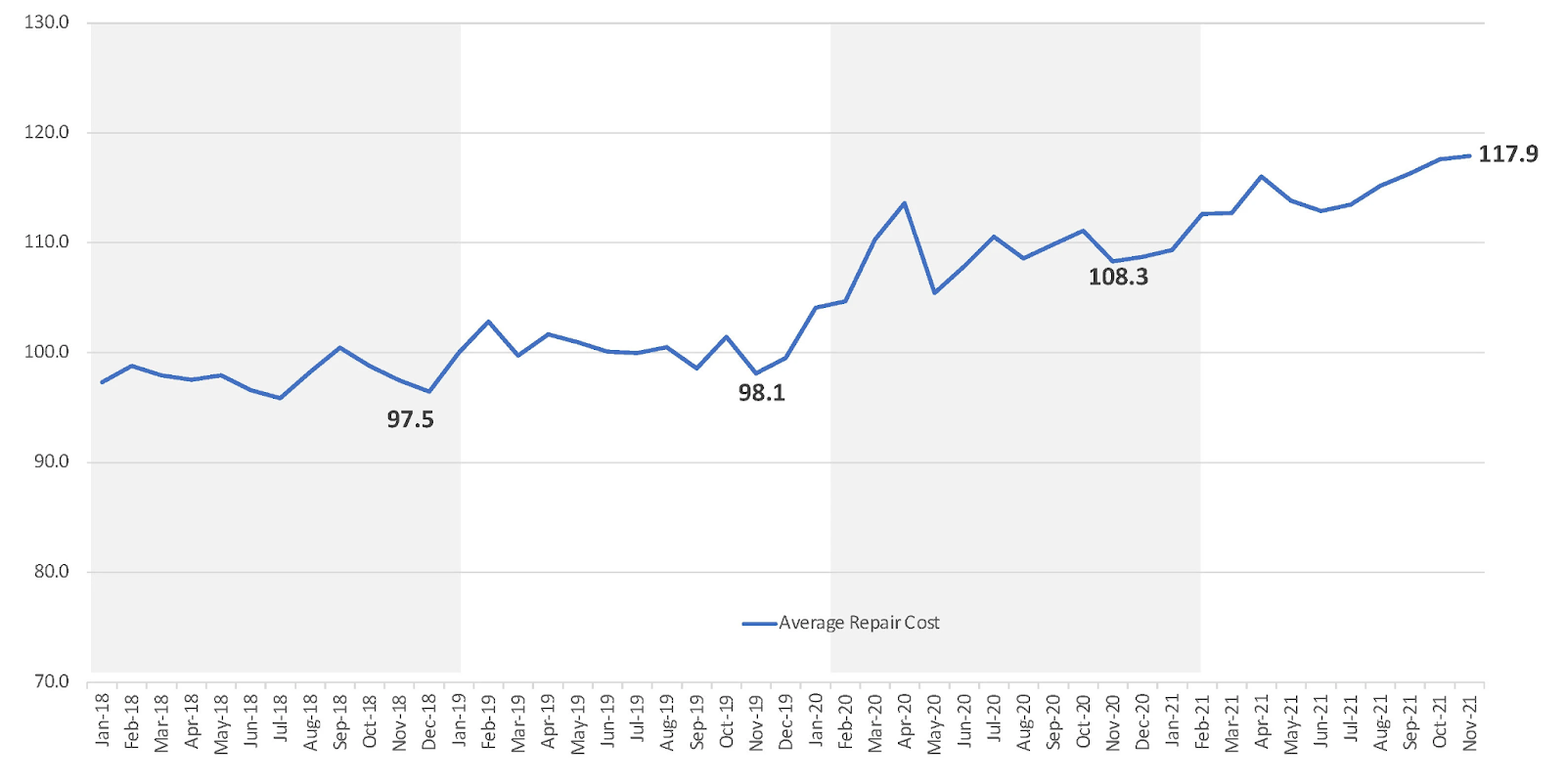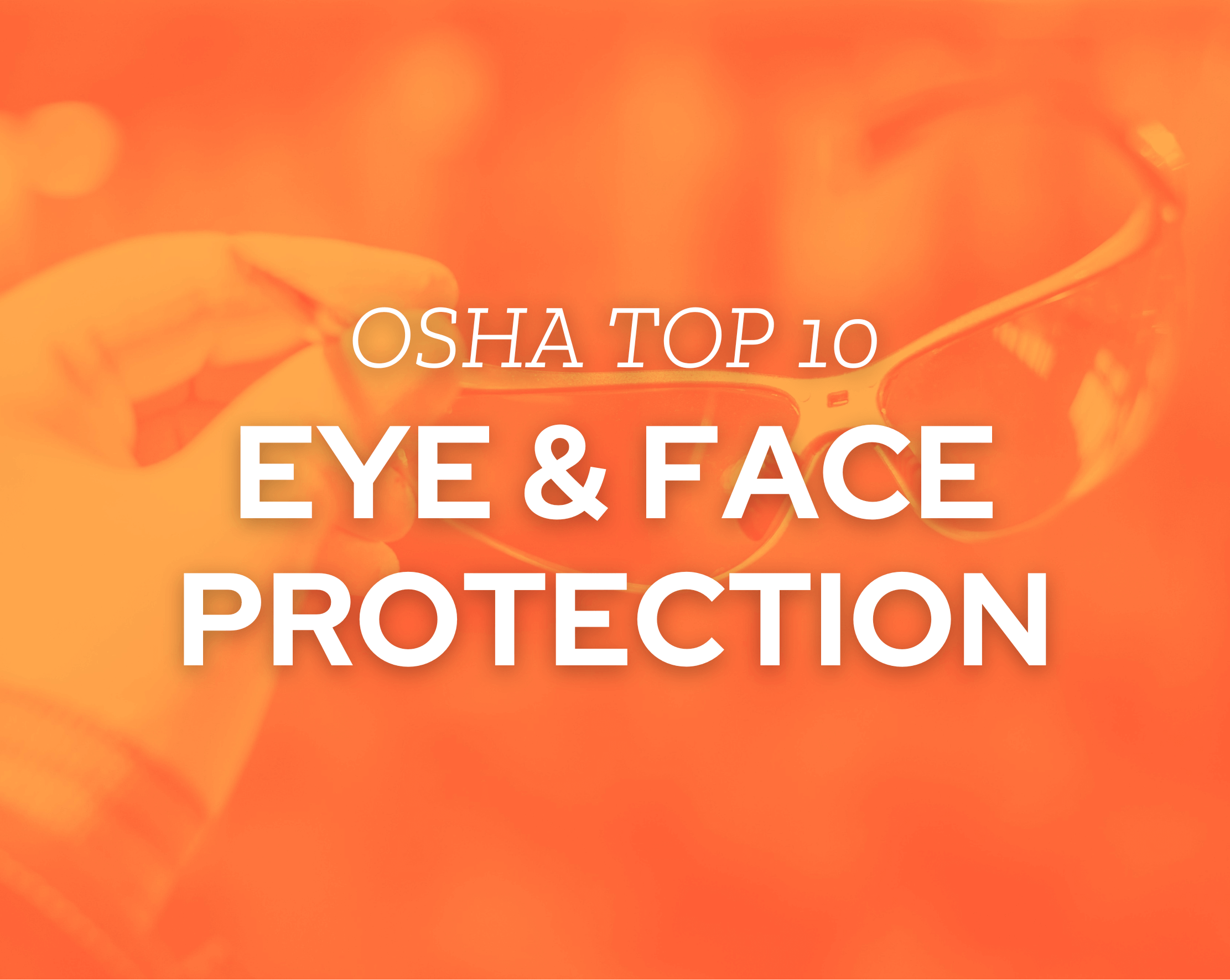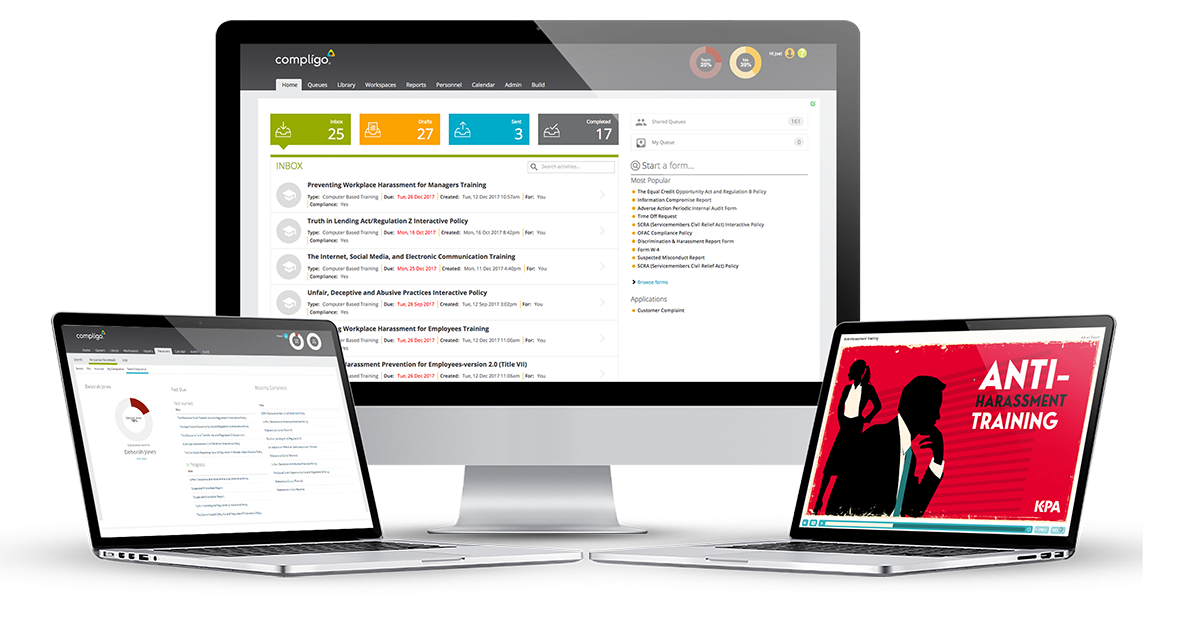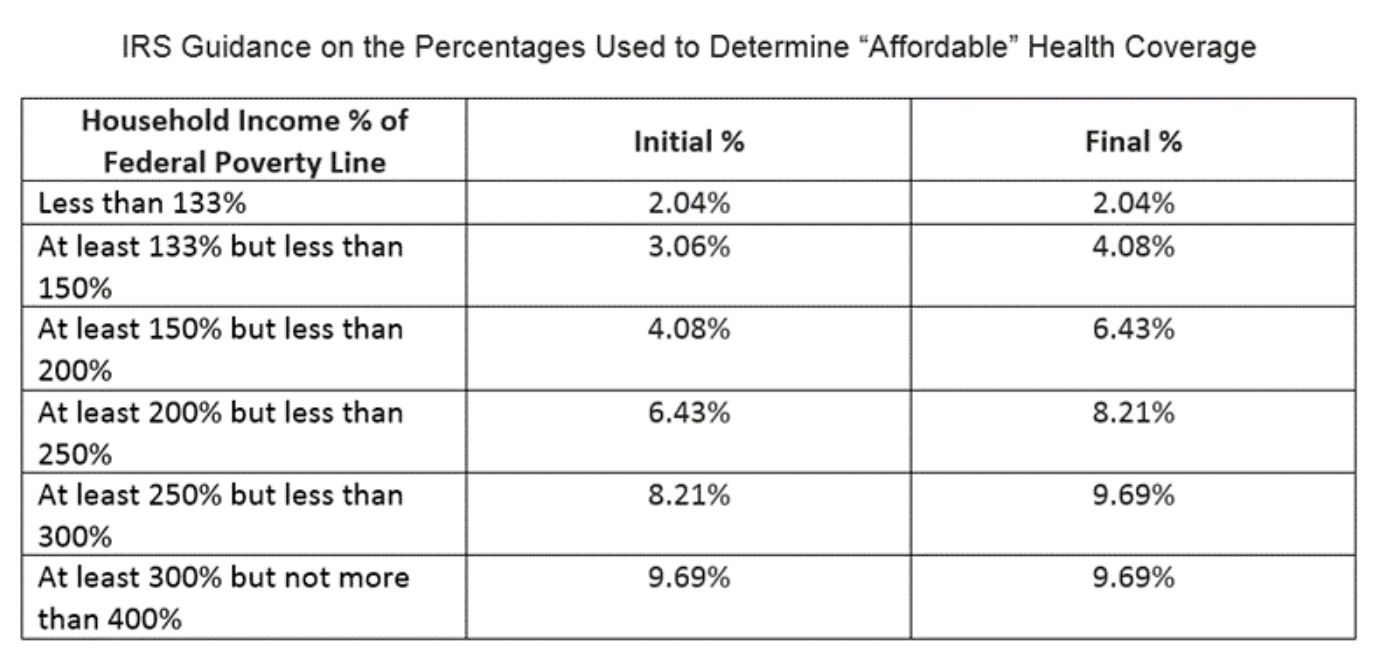RMC Training Courses

Recognizing and Addressing Micro-behaviors in the Workplace
This course will help you to recognize the characteristics of micro-behaviors and how to decode the messages they send. You'll also learn how to address micro-aggressions, and how to use micro-inclusions as an antidote to micro-aggressions.
View
Using Communication Strategies to Bridge Cultural Divides
This course discusses how to improve cross-cultural communication and build rapport. Also covered are potential misunderstandings and behaviors related to a culture that can hinder good communication and ways to overcome them.
View
Workplace Diversity, Equity, and Inclusion in Action
In this course, you'll learn to recognize key characteristics of DEI and practices for building and sustaining a healthy DEI culture. It discusses the obstacles to an inclusive culture, as well as strategies for overcoming them
View
Advance Care Planning - Building on Advance Directives
Explore Advance Care Planning including life care and quality of life planning. Practical guidance and tools provided to facilitate Advance Care Planning conversations and discussion of barriers and solutions. 1 CEU
View
Advance Directives
Discusses how Advance Directives provide legal documentation of the health care wishes of residents and how they ensure health care choices are given voice in the event that resident becomes unable to express them. 1 CEU
ViewAdvocacy - Beyond Resident Rights
Explores ways in which healthcare professionals can expand advocacy efforts to not only safeguard the rights of residents, but truly enhance the quality of their lives. 1 CEU
View
Ancillary Services - Guidelines for Healthcare Providers
Access to ancillary services may significantly impact the overall quality of life of residents - enabling function, emotional support, and the ability to engage in the life of the facility to the greatest extent possible. 1 CEU
View
Behavior Management - Supporting Our Residents with Dementia and Delirium-Based Challenging Behaviors
Challenging behaviors among residents with dementia and delirium are simply their way of communicating that they are in pain, frightened, hungry, or unmet need. This course focuses on what the behavior is attempting to communicate. 1 CEU
View
Building a Robust Cleaning & Disinfection Program for the Outpatient Setting
Pathogens can spread quickly in outpatient healthcare settings and research shows that less than 50% of healthcare surfaces are adequately cleaned and disinfected. In this training, we’ll discuss strategies for a robust environmental hygiene program to ensure your team is understands the role the environment plays in the spread of infections and how to prevent infections.1 CEU
View
Building Inclusive and Sensitive Long Term Care Services for LGBTQ Communities
This training will describe the required elements for responding to the emerging needs of long term care organizations to provide sensitive and respectful services to LGBT residents. This training will also satisfy new legal requirements for staff and management in long term health care to participate in LGBT sensitivity training. 1 CEU
View
Candida Auris: An Emerging Threat in Long-Term Care
This training will provide a review of the scientific literature and evidence-based guidelines for controlling Candida auris, a novel pathogenic fungus, as well as provide key actions that facilities should be doing now. 1 CEU
ViewCapacity Versus Competency
Staff need to differentiate between competence and capacity and to apply it on a daily basis. This course provides the knowledge, skills and abilities necessary to make informed decisions concerning the competence and capacity of residents. 1 CEU
View